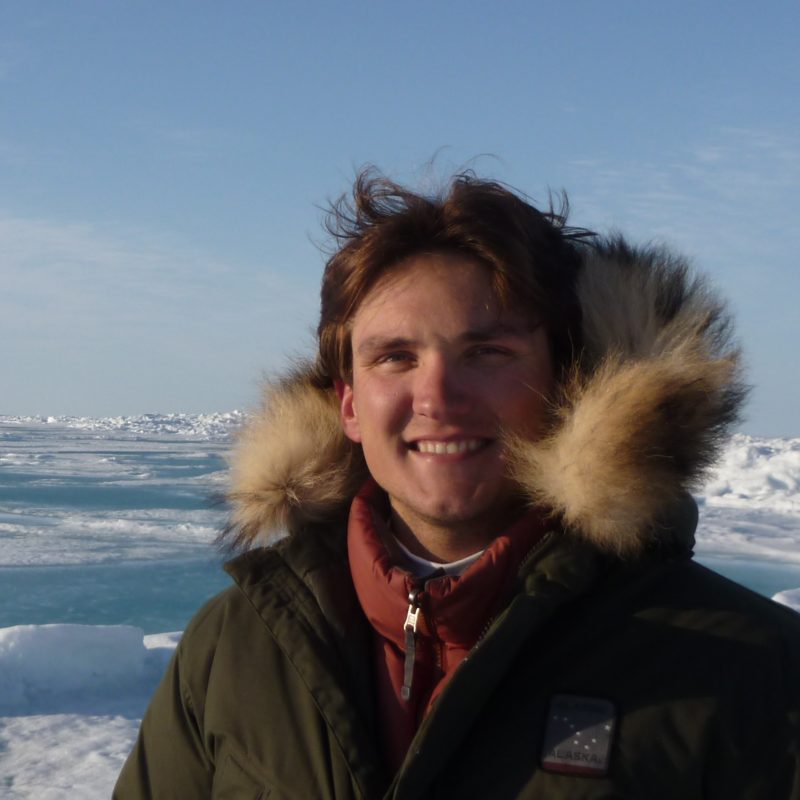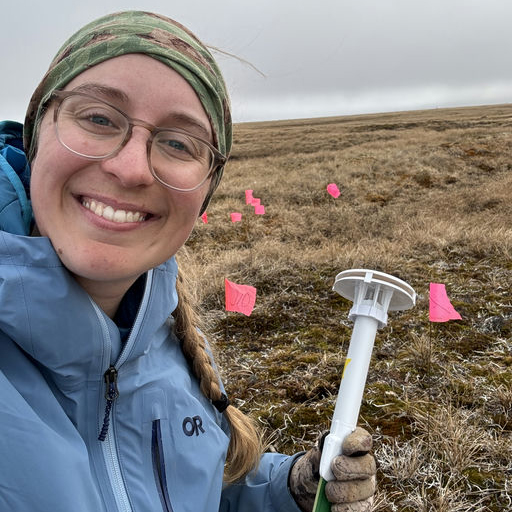Characterizing Climate Change Feedbacks in Arctic Ponds while Incorporating Next-Generation Technologies and Arctic Field Experiences in Education
Wetlands represent a significant portion of the arctic landscape and are characterized by their numerous polygonal thaw ponds. These arctic pond habitats represent hotspots for biodiversity and carbon cycling. Particularly, ponds are key emitters of methane (CH4), a potent greenhouse gas that enhances climate change. This project will establish a foundational understanding of surface-atmosphere carbon dynamics of polygonal ponds and characterize the timing and pathways of CH4 emissions. In addition, this study will rescue historical records to better understand biogeochemical changes of ponds over the past 50+ years to answer where, when, and how the evolution of these aquatic systems has influenced surface-atmosphere carbon feedbacks to climate. The use of cutting-edge technologies including eddy-covariance flux system, drone & airborne imaging spectroscopy, drone LIDAR, and deep-learning Artificial Intelligence will allow us to characterize bottom-up and top-down regional scale CH4 emissions from arctic wetland ponds.






